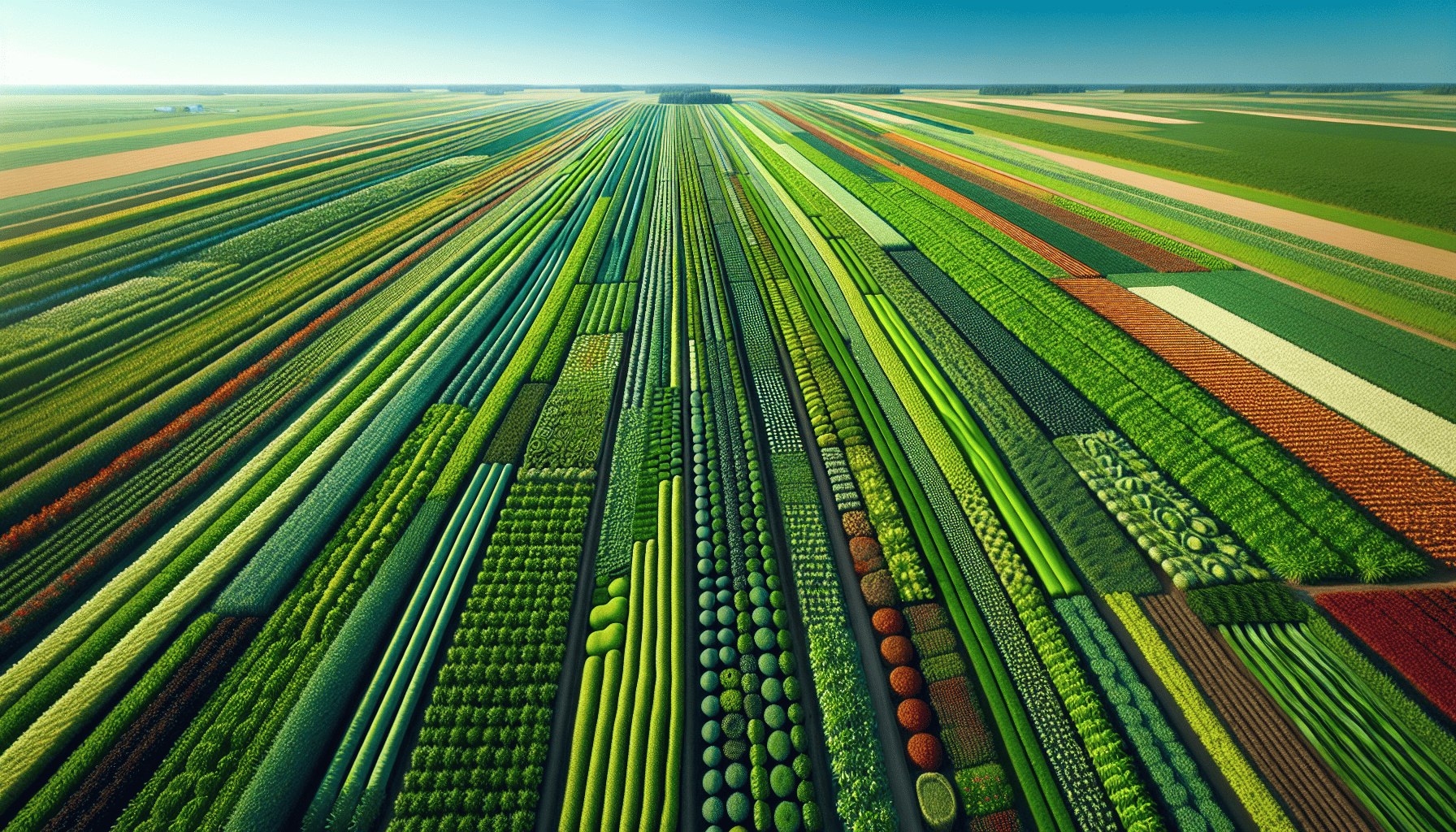In recent years, the importance of sustainable crop production has soared to the forefront of agricultural discussions. As global populations grow and climate change challenges traditional farming methods, eco-friendly practices are becoming essential to ensure productive, resilient, and environmentally sound agriculture. Farmers and agricultural scientists are increasingly adopting innovative techniques to maximize crop yields while minimizing ecological impacts.
One central tenet of sustainable crop production is soil health. Healthy soil is fundamental to growing robust crops and maintaining ecosystem balance. Practices such as crop rotation, cover cropping, and minimum tillage help preserve soil integrity. Crop rotation not only breaks pest and disease cycles but also enhances soil nutrient distribution, optimizing fertility. Cover crops, like legumes, act as natural fertilizers by fixing atmospheric nitrogen, reducing dependency on chemical inputs. Minimum tillage practices decrease soil disturbance, preserving soil structure and minimizing erosion.
Water management is another pillar of sustainable farming. Efficient irrigation systems such as drip or sprinkler systems minimize water waste, ensuring precise water delivery to plant roots. Rainwater harvesting and the use of water sensors further enhance water usage efficiency. These systems not only conserve water resources but also reduce energy consumption associated with water distribution.
Integrated Pest Management (IPM) plays a crucial role in sustainable practices by reducing reliance on chemical pesticides. IPM emphasizes the use of biological control agents, such as beneficial insects, to naturally manage pest populations, alongside cultural practices and mechanical controls. This holistic approach not only curtails pest-related crop damage but also lessens chemical residues in food products and surrounding environments.
Biodiversity in agriculture is a key component of sustainable crop production. By promoting polyculture and agroforestry, farmers can create diverse ecosystems that stabilize yields and reduce vulnerability to climate extremes and market pressures. Diverse crop systems foster resilience because they are better equipped to withstand pests, diseases, and fluctuating environmental conditions. Agroforestry, combining trees with crops, enhances carbon sequestration, moderating climate change impacts while providing additional resources such as fruits, nuts, or timber.
Technological advancements are also supporting sustainable agriculture efforts. Precision agriculture employs data analytics, GPS technology, and remote sensing to monitor crop conditions, tailor inputs precisely, and optimize harvest times. These technologies reduce waste and ensure that resources are used most effectively, contributing to higher yields and lower environmental impact.
Despite the complexity of implementing sustainable practices, the benefits are manifold. They deliver better economic returns, improve food quality, and enhance environmental stewardship. By prioritizing long-term ecological balance over short-term gains, sustainable crop production ensures food security for future generations while safeguarding the planet’s health.
In summary, the shift towards sustainable crop production measures the agricultural success not just by the immediate yield but by the ability to nurture nature’s cycles. Adopting eco-friendly methods, nurturing diverse ecosystems, managing natural resources judiciously, and leveraging technology are pivotal steps towards achieving productive and sustainable agricultural futures. As these practices continue to evolve and spread, they promise a robust pathway to resilient and sustainable agriculture worldwide.
